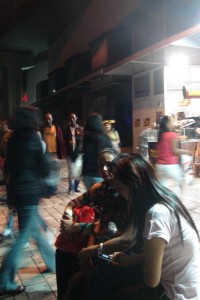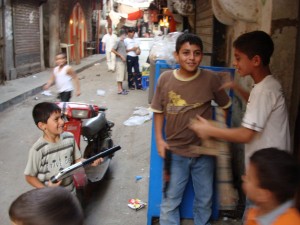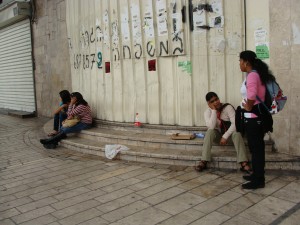
“I went home with nothing,” Rosemarie Cote, a former client of Fokara’s, says.
During a phone interview from her home in the Philippines, Cote recounts her experience with Fokara. She had been working in Israel without a visa for eight years – sending her money back to the Philippines to support her seven children – when she met Fokara. According to Cote, Fokara promised her a new employer and a new visa.
“He took my money – all my savings – and he didn’t do anything,” she says.
That is, besides giving her a piece of paper.
“He told me that it would protect me for 33 months, he told me I was safe,” Cote says.
But Cote was picked up two months later by Immigration Police. She was deported just days after Christmas.
Read the full story: Fokara’s law.





